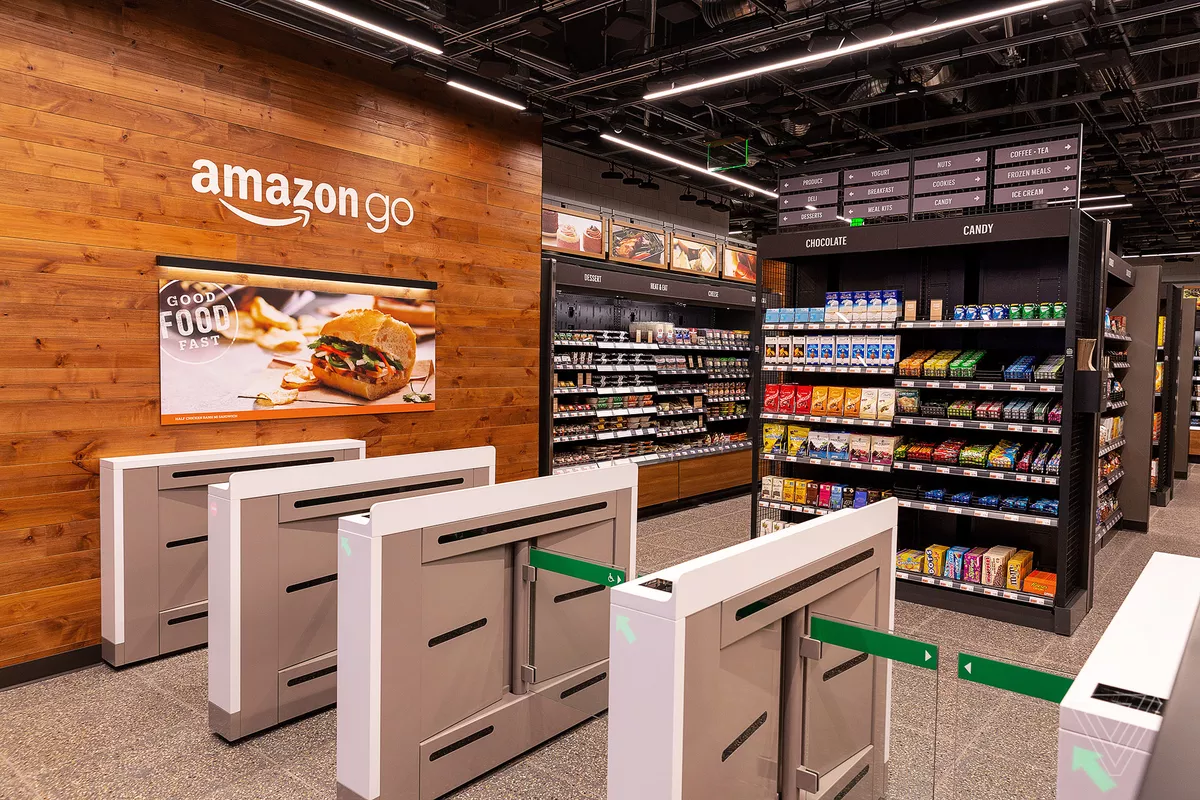
-
“Advertising is the price you pay for having an unremarkable product or service,”
-
Amazon founder and CEO, Jeff Bezos said 10 years ago.
This statement stemmed from his belief that if they have the best products and services, consumers will do the advertising for you. But the idea lived only for a decade before Bezos was forced to change belief and statement.
Amazon now spends more money on promoting itself in television commercials, internet ads and other mediums in the United States than other companies.
In November last year, Bezos said: “Yes, I changed my mind.” But what really caused his change of mind? The CNBC noted in 2019, that a taste of the difference convinced him to cross to the other side of sales powered by ads.
Register for Tekedia Mini-MBA edition 19 (Feb 9 – May 2, 2026): big discounts for early bird.
Tekedia AI in Business Masterclass opens registrations.
Join Tekedia Capital Syndicate and co-invest in great global startups.
Register for Tekedia AI Lab: From Technical Design to Deployment (next edition begins Jan 24 2026).
Amazon’s promotion of everything from its Echo devices to Amazon Web Services led to a 72.5 percent increase in the US ad spending last year to $1.8 billion, according to Kantar Media, which tracks TV, digital, outdoor billboards and other platforms excluding social media.
It was until 2019 that Amazon ranked up to 10 in the US advert space. But that was as a result of dramatic change in Amazon’s business. Amazon’s business has shifted from a total ecommerce to other branded goods and services that consumers need to be reminded of.

Last year, the company reported a record $13.8 billion marketing expense for the year 2018. That’s a 37 percent rise from the previous year. Ever since then, the marketing expense has been rising yearly. As of last year, there were only four companies ahead of Amazon in ad spending; Procter & Gamble, AT&T, Berkshire Hathaway and Comcast.
New York Times tech analyst, Shira Ovide said the number of businesses doing the same thing efficiently has made advertising a way companies keep their community of consumers’ minds filled with their goods and services.
“Technology is becoming just like every other product. There’s not much difference between a Ford and Toyota pickup truck, so those companies know they must persuade you to feel warm and fuzzy about their model. Picking an app or an online shopping company likewise has become a lot about picking one that makes you feel good.
“And as tech companies wanted us to turn over more of our habits and lives to them, they needed to pitch themselves harder. Amazon, for example, spends a lot of money advertising its movies, internet TV gadgets and voice assistants to turn our homes into all-Amazon zones,” she said.
So competition is ripe between companies trying real hard to win consumers, and Bezos isn’t taking chances.
Joe Swallen, chief research officer at Kantar, said that while Amazon is becoming more of a product company, it also has to invest more in defending its own turf because Walmart, Target and Best Buy are stepping up promotion of their online commerce businesses.
“Even with its massive customer base and dominant share of online sales, Amazon needs to spend heavily on advertising to counteract the expanding focus of traditional retailers on ecommerce,” he said.
The shift in ecommerce which involves a touch of traditional services changed the line of thought that Bezos based his statement on. Consequently, he has realized that for Amazon to stay ahead amidst ecommerce competition, where everyone is introducing something efficiently new, it has to embrace advertisement.



